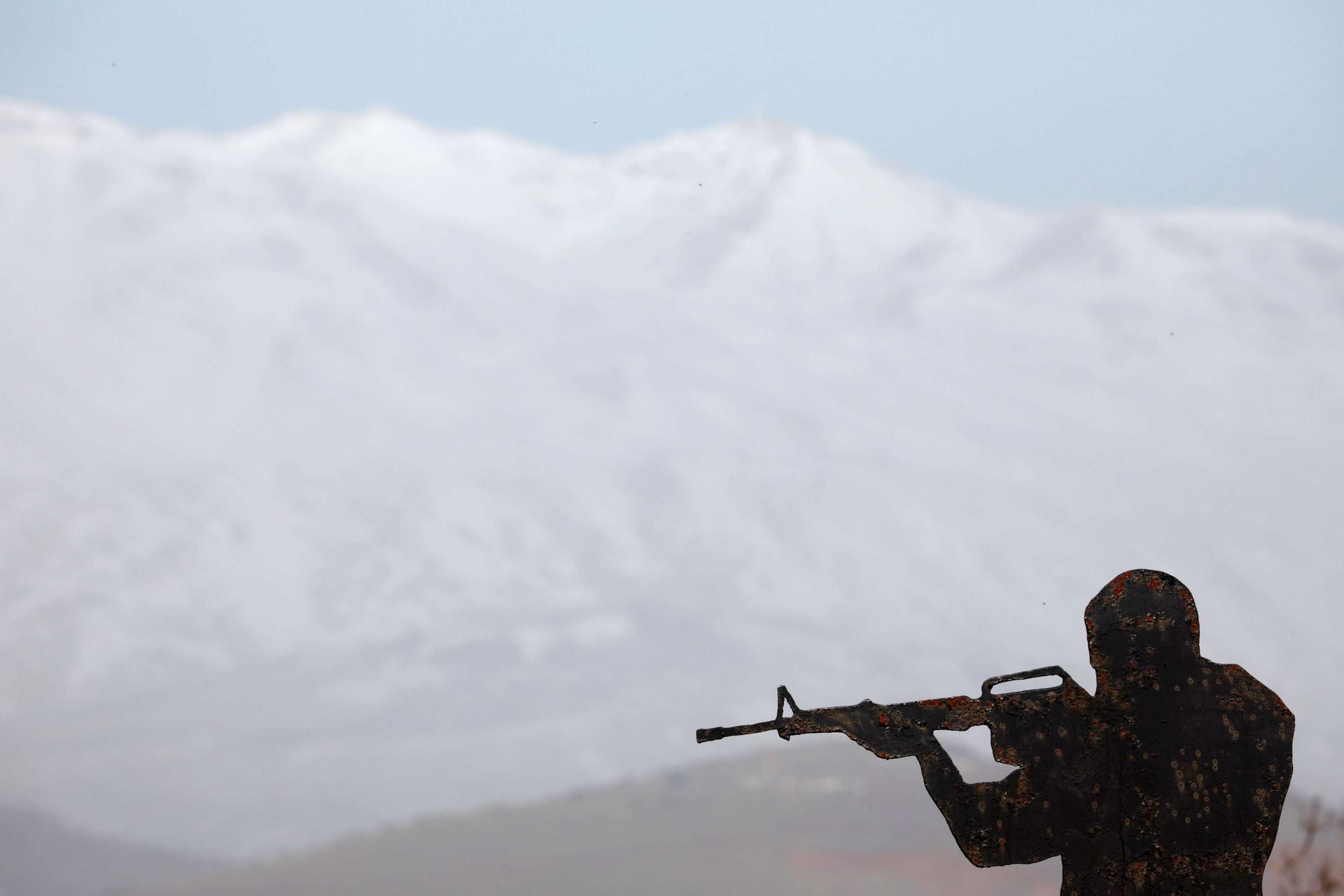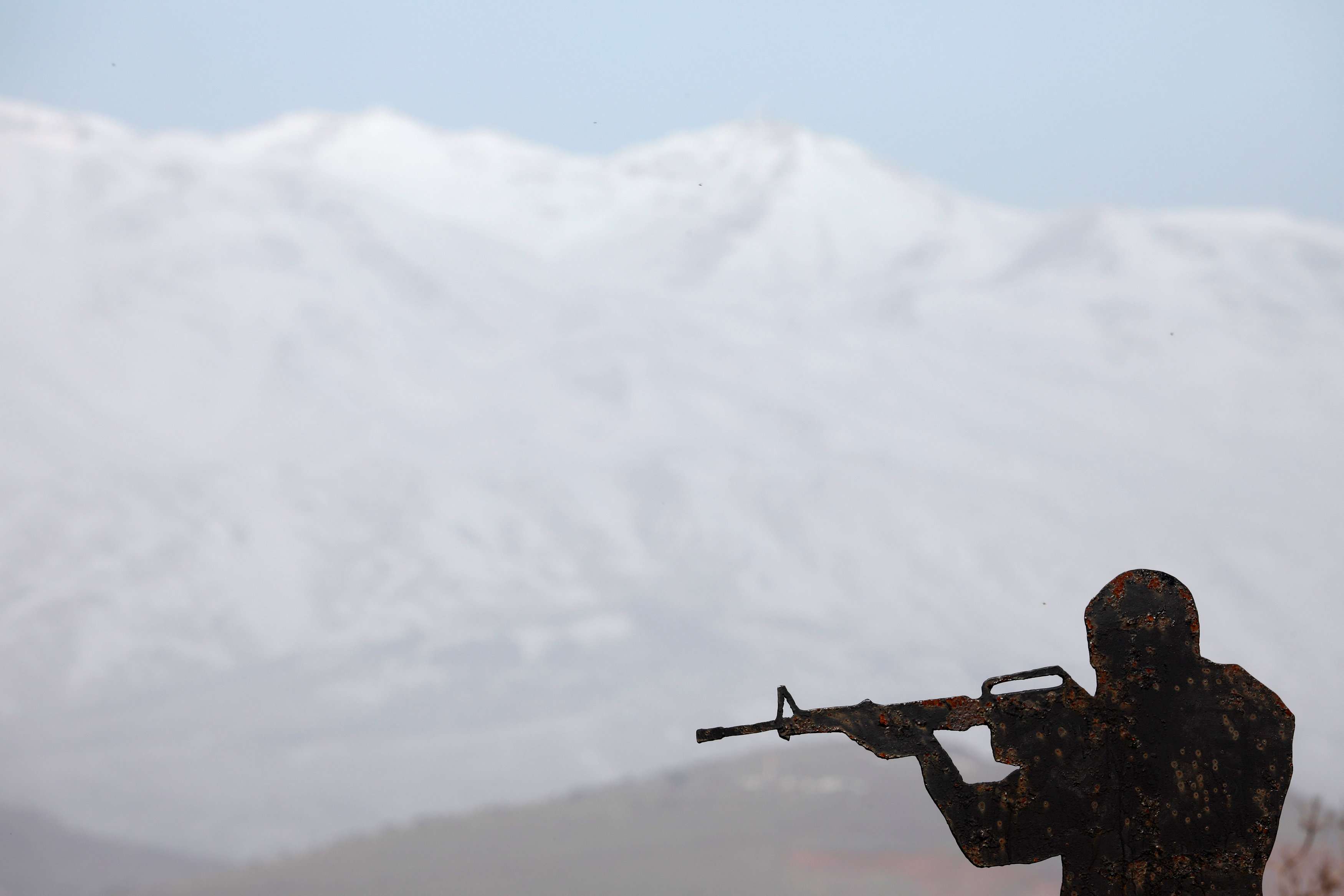Springtime could mean war for Bibi and the mullahs
With spring just around the corner, tensions are once again rising to a threatening level in the Middle East. Very soon, it could be an optimum time for war. Why is it so?
Soldiers fare better in clement weather than in cold, snow or rain. The days are longer and more daylight hours means soldiers can fight more hours.
As if on cue, Israel and Iran are once again playing dangerous games, bringing the region to the brink of yet one more potential disaster. Amid accusations and counter-accusations, the needle on the threat metre has been moving into the red-hot danger zone.
With hatred in abundance, it does not require much to have the situation dip into dangerous territories. Iran started by sending a drone over Israel. Israel responded by scrambling F-16s. Iranian anti-aircraft batteries in Syria hit an Israeli warplane forcing the two pilots to eject.
It has been on very rare occasions that Israeli warplanes have been shot down. The last major loss for the Israeli air force dates to the 1982 invasion of Lebanon when Israeli fighters engaged with Syrian warplanes over Lebanon in the biggest aerial dogfights since the Battle of Britain in the second world war.
Israeli planes have had a free run of Middle Eastern airspace but this new development sets an unprecedented landmark in the Middle East conflict -- and a dangerous one at that -- escalating the dispute from one being fought with M-16 automatic rifles and M-113 armoured personnel carriers on the one side versus rocks, Molotov cocktails and AK47s on the other.
Although Israel’s nuclear arsenal is a matter that is rarely discussed in Israel, it is generally agreed that the Jewish state is in possession of several nuclear weapons. By now, with or without international sanctions, with or without UN observers, Iran must have managed to produce and hide away one or two or more bombs.
Regretful as it may be from the international community’s point of view, from the Iranian perspective, this is only logical.
As a result of the escalation, Israeli warplanes have carried out air strikes inside Syria in a tit-for-tat exchange. Targets included the launch of a medium-range missile from the outskirts of Damascus towards the Israeli-occupied Golan Heights.
The Golan, where fierce battles were fought between Israeli and Syrian troops during the 1973 Arab Israeli war, has been generally peaceful since then-US Secretary of State Henry Kissinger negotiated a ceasefire between the belligerents. That era of relative peace may soon drastically change with the presence of Iranian forces in the vicinity.
Iran is actively seeking to enlarge its political and military footprint in the region. While neither Syria nor Israel have any interest in reactivating the long-dormant front on the slopes of the Golan, Iran may find it convenient in boosting its effect in the region.
Syria, since the October 1973 war, has used the Israeli occupation of the Golan as an excuse to extend martial law, state of emergency and to rule under the pretext that the country was still at war. Both Syrian President Bashar Assad and his father, Hafez Assad, have used the occupation to their advantage.
For Israel, the Golan holds more than just strategic positions, without which Damascus would be far more vulnerable. In addition to its strategic geographic location, the Golan offers Israel its only winter resort.
This new tension in the region comes amid the confusion created by the civil war in Syria. Israel has recognised that it has been playing a far more visible role in the war in Syria in recent weeks after years in which it conducted largely covert operations. Israel’s outgoing military chief of staff, Gadi Eisenkot, said Israel had carried out thousands of strikes against Iranian assets in Syria.
War against Israel remains a great pillar of Iran's revolutionary rhetoric. Iranian Air Force Commander Brigadier-General Aziz Nasirzadeh has said that Iran's pilots "are impatient and ready to fight against Israel and eliminate it from the Earth." He said these pilots were preparing "for the promised day to destroy Israel."
The Iranian military may not be able to launch such a war but it is making sure to stock up on reserves of anti-Israel hate for the day its leaders think they can.
The sharp increase in tensions between Israel and Syria and one of its key backers, Iran, comes at a time when the security situation is rapidly changing because of US President Donald Trump’s announcement of the withdrawal of US troops from Syria.
For everyone’s sake, let’s hope the level of hatred is not so high that it blinds the belligerents to the point that they fail to see that there can be no winners in such a confrontation.
Claude Salhani is a regular columnist for The Arab Weekly.
This article was originally published in The Arab Weekly.




